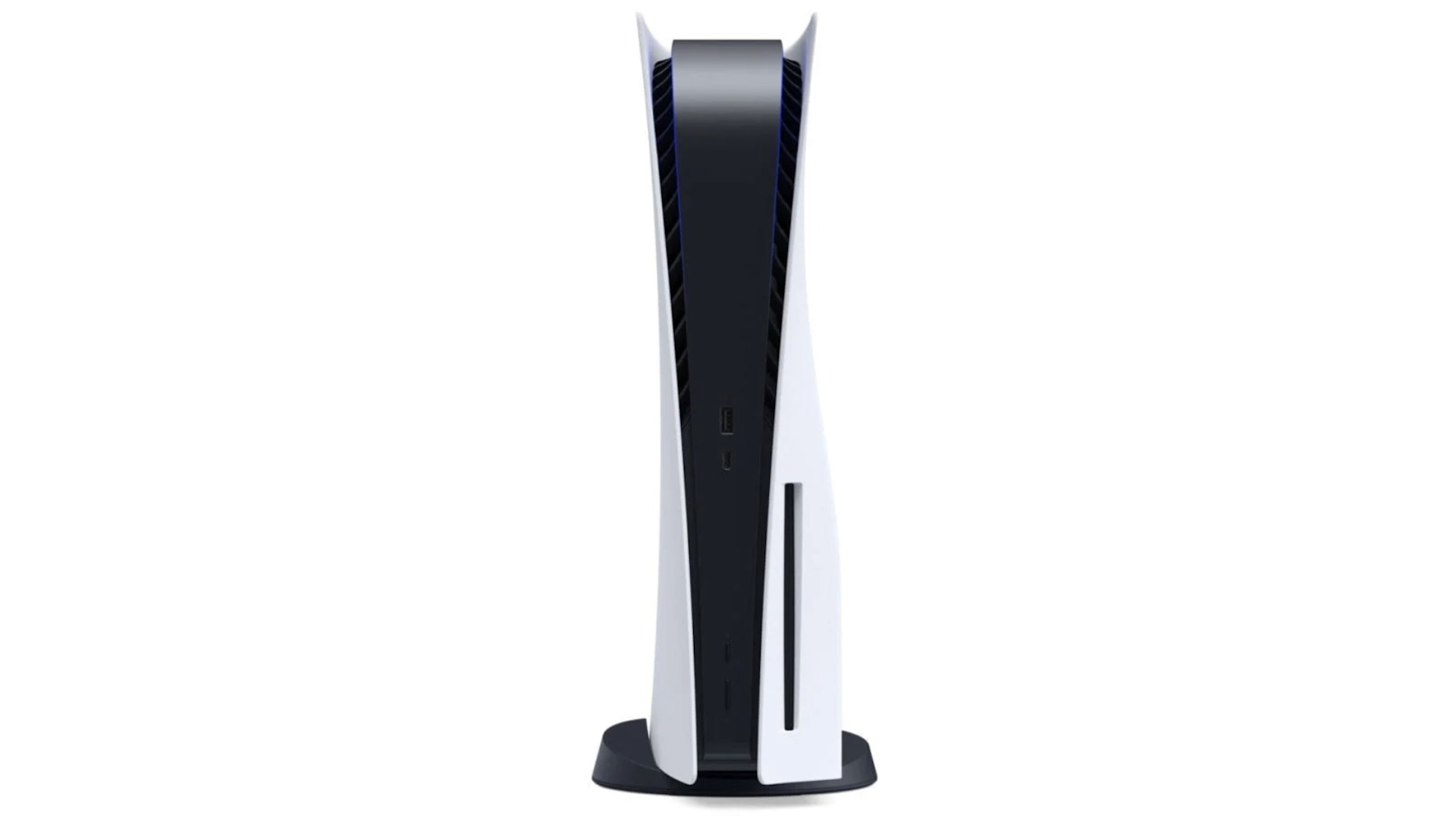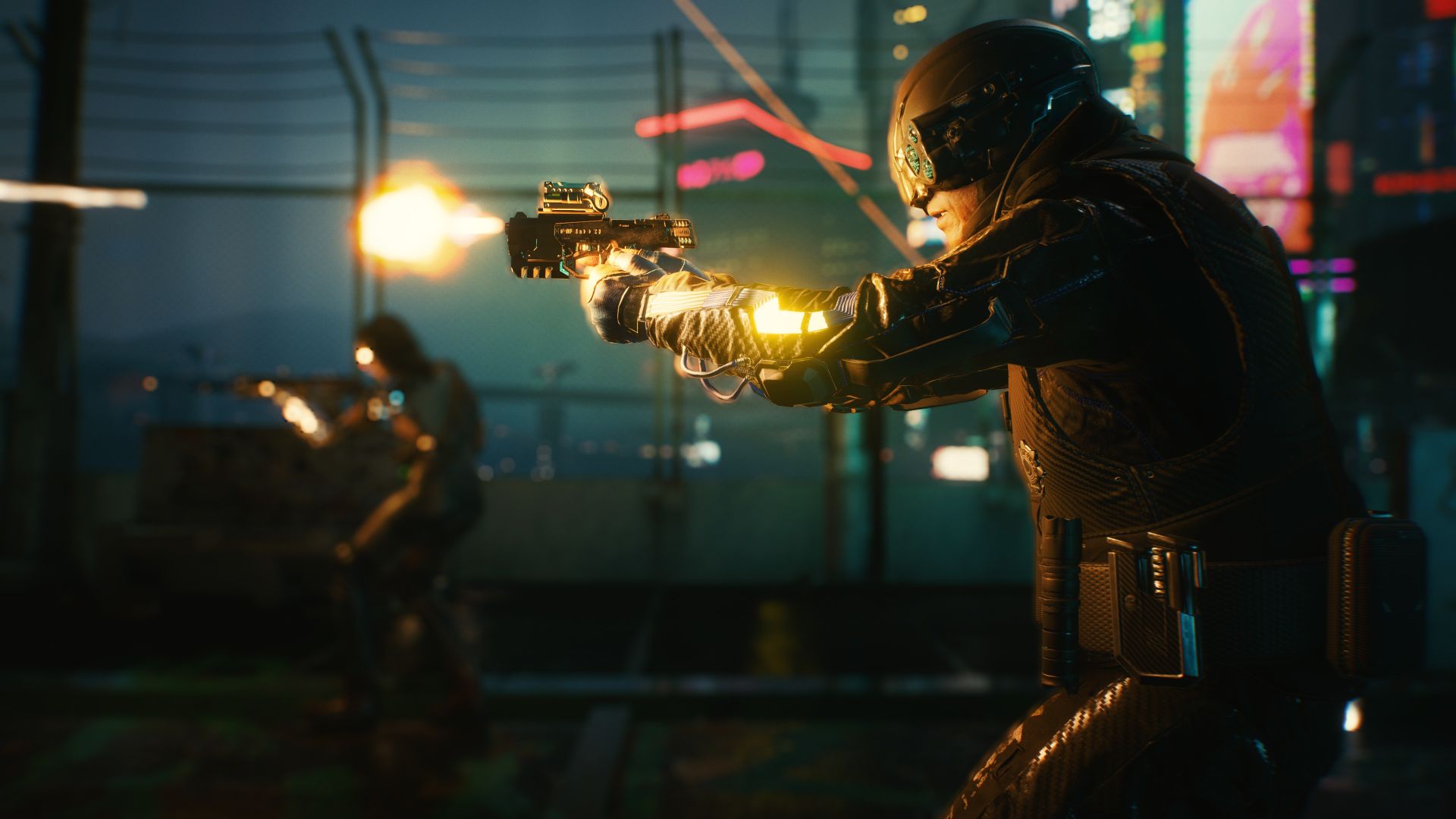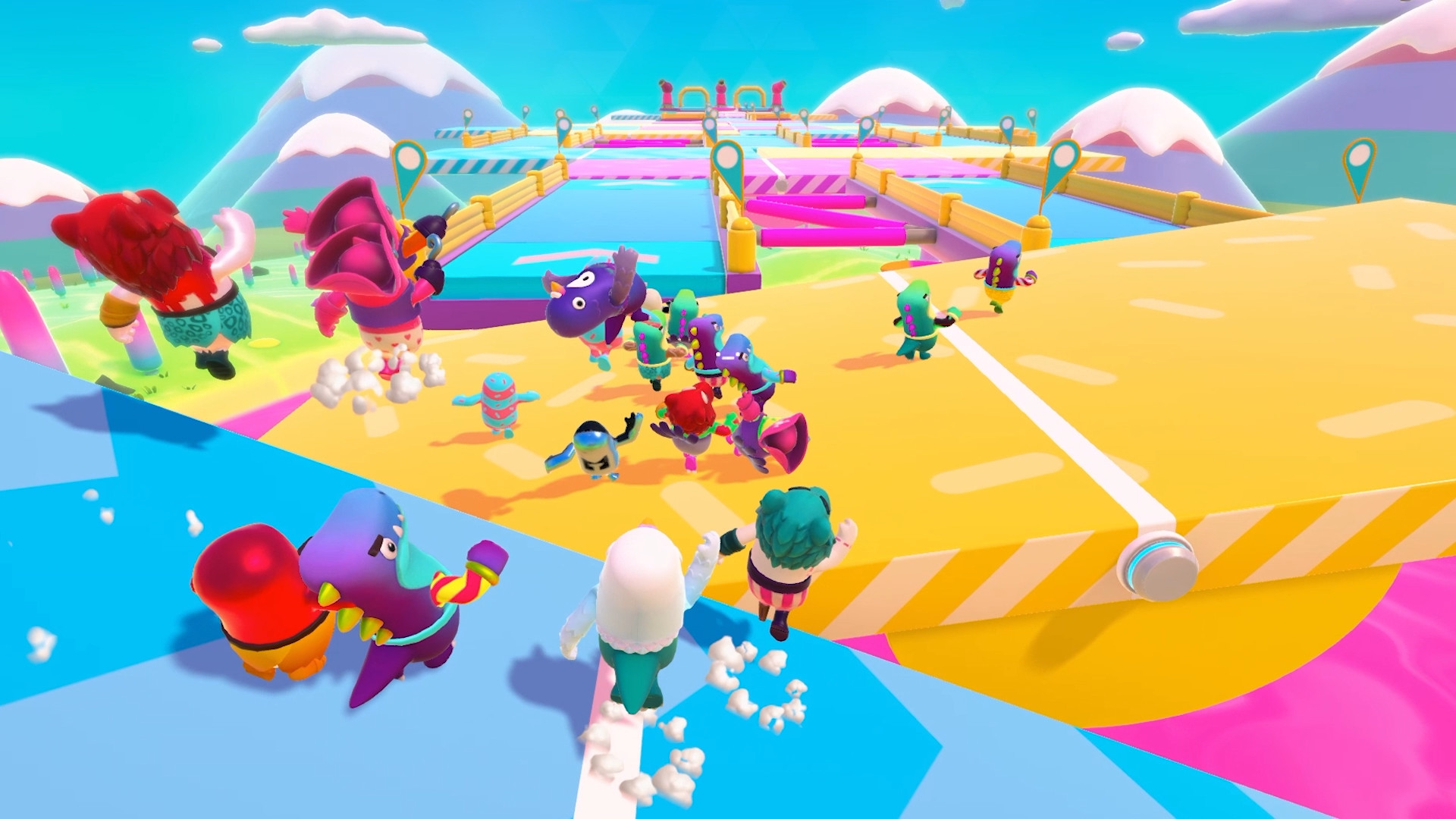
Next-gen consoles are right around the corner, and excitement for the PS5 and Xbox Series X is heating up with every passing day. And there really is plenty of reason to be excited- the two new consoles both represent significant jumps over their predecessors in more ways than one, and it’s fun to think about the potential leaps we’ll see in games because of that. In this feature, we’re going to talk about the fifteen biggest ways the PS5 differs from the PS4 (and the PS4 Pro), from specs to aesthetic changes and more.
SSD
Let’s start with what is potentially the biggest change of them all, shall we? The fact that consoles are now going to have solid state drives is exciting in and of itself, but the PS5 is looking to blow all competition out of the water with its SSD. Bar none, this is the fastest SSD on the market right now, and while we’re obviously excited about how it will more or less eliminate load times, what’s even more exciting is the advancements it will enable in actual game design. For now, it’s all theoretical, but hopefully, we won’t have to wait long before developers start leveraging the PS5’s SSD properly.
CPU AND GPU
The PS5 is significantly more powerful than the PS4 and PS4 Pro in other ways as well. Back in 2013, the PS4’s 8 core 1.6 GHz Jaguar CPU was already outdated, and though the PS4 Pro’s 2.1GHz 8 core Jaguar processor was an improvement, it was still far from cutting edge. Now the PS5’s semi-custom Zen 2 CPU still isn’t cutting edge per se, but it’s a huge improvement. Then there’s the GPU, which is an even bigger jump at 10.28 TFLOPs as compared to the PS4’s 1.84 TFLOPs and the PS4 Pro’s 4.2 TFLOPs.
TEMPEST ENGINE
One of the most interesting aspects of the PS5 hardware that Sony have talked about is the Tempest, the console’s 3D audio engine. It’s interesting because it’s finally focusing on an aspect that is so often left by the wayside by console hardware. There is a lot of potential here to increase immersion and heighten atmosphere in games, and while we’re yet to see how (or if) it will make an actual difference, we’re hoping that it won’t be long before that becomes clearer.
RAY TRACING
While PC gaming has been reaping the benefits of ray tracing for a while now, consoles have been lagging behind in that area- now, however, they’re finally going to catch up. Unlike its predecessors, the PS5 is capable of hardware-accelerated ray tracing, which – given the industry’s constant drive to make games look better and more photorealistic – is a huge deal.
8K CAPABLE
4K has been becoming more common over these past few years in the console space thanks to the PS4 Pro and the Xbox One X (the latter especially), and hopefully, it will become the industry standard in the coming years. Curiously enough though, Sony have said that the PS5 is also capable of rendering 8K resolutions for games. Now, we don’t know how true that is- hardware manufacturers often say things about upcoming consoles that might be true on paper, but are much harder to actually pull off, which means that though the PS5 might conceivably be capable of 8K, there’s a chance that we won’t ever see that come to light. We hope it happens though, but we do know there’s no guarantees.
NEW COLOUR SCHEME
For nearly two decades, black has been the colour of PlayStation. That’s not to say PlayStation consoles are only ever available in black, but black has been the primary flagship colour of the PS2, the PS3, and the PS4 (hell, even the PSP and PS Vita). The PS5 is unique that way, because it’s breaking away from that tradition, and going with white being its flagship colour theme.
NO MORE DUALSHOCK
Since 1997, the DualShock has been synonymous with the PlayStation brand, and though Sony did try (and fail) to do something different with the PS3’s Sixaxis, they’ll be hoping that their second attempt to leave DualShock behind will be much more successful. Visually, the DualSense obviously has a lot of similarities to DualShock 4, but its innards have some interesting new things going on. So let’s talk about those for a bit.
ADAPTIVE TRIGGERS
One of the biggest new features being introduced with the DualSense that the DualShock 4 did not have is adaptive triggers. Essentially, this will allow the triggers to dynamically increase or decrease the tension based on gameplay, which means the trigger will get tighter as you’re pulling a bowstring in the game, or as you attempt to drive a car through tough, rocky terrain. It’s one of many ways games can potentially become more immersive, so let’s hope to see some interesting applications for it in the near future.
HAPTIC FEEDBACK
Haptic feedback is another new feature in the DualSense that Sony have been talking up, which replaces the traditional rumble that DualShock controllers have had for years. Instead of just static vibrations that may or may not vary in intensity, the DualSense’s haptic feedback is much more intricately programmable, allowing for a larger range of feedback. So if you’re jumping into a pool of water, or driving a car on an icy road, or walking through knee-deep mud, you will feel different kinds of feedback on your controller.
CREATE BUTTON
The PS5 is making some changes to the DualShock 4’s Share button as well. It’s now called the Create button, and while Sony haven’t spent an awful lot of time talking about what that change entails, they have provided some brief details. They have said that it will enable players to create and share gameplay in new ways- what exactly does that mean? Perhaps there will be built-in photo mode functionality on a system level? Perhaps it will tie in with the console’s leaked Activities feature? Either way, we’re curious to know more.
MIC
The DualSense also has a built-in microphone, as opposed to the DualShock 4, making voice chat that much more seamless. We’re curious to see how this will be implemented, especially given the potential for annoying cross-talk and background noise being captured by the microphone, but hopefully these are all things that Sony have thought about. This is another one of those features that Sony haven’t said an awful lot about yet, so here’s hoping we learn more about this sooner rather than later.
UI OVERHAUL
With every new console generation come brand-new user interfaces (most of the time), and so, too, will be the case with the PS5. We don’t know what the PS5’s UI will look like, or what features it will boast of, but Sony have confirmed that it will be completely different from the PS4’s user interface. There have been rumours of late about the so-called Activities feature, which will allow users to jump into specific parts of games directly from the home menu without having to boot up the game and then going through a series of menus, so there’s potential for a lot of interesting things with this new UI. Here’s hoping we learn more about it soon.
BACKWARD COMPATIBILITY
Backward compatibility has been a point of contention for PlayStation for most of this generation, especially with their direct competitors Microsoft making strides in that area. And while the PS5 isn’t going to go all-in on it the way the Xbox Series X will be doing, the PS5 will still have backward compatibility with the PS4. Sony have said that the vast majority of the PS4’s library will be playable on PS5 at launch, while more games will (presumably) be added later on as well.
FAN NOISE
All PS4 owners understand the pain of having a console that sounds like a jet engine moments before take-off. It’s an issue that Sony has been made aware of time and time and time again, and it seems they’re going to address that with the PS5. They have promised that the upcoming console will be much more silent than its predecessor, and while it remains to be seen just how true that turns out to be, we’re definitely hoping for a marked improvements.
DISCLESS VERSION
This current console generation has seen digital becoming absolutely huge, with most companies drawing the bulk of their revenue from digital sales. Of course, physical games and sales aren’t going away any time soon, but with digital now being an equally viable option, Sony are launching a discless version of the PS5 as well. That’s significant, of course, because there has never been an all-digital version of any PlayStation home console.

















